Kavli-LIGO Fellowship Scholars 2017
International LIGO-SURF students. May 15 to August 28, 2017
Kaustubh Singhi
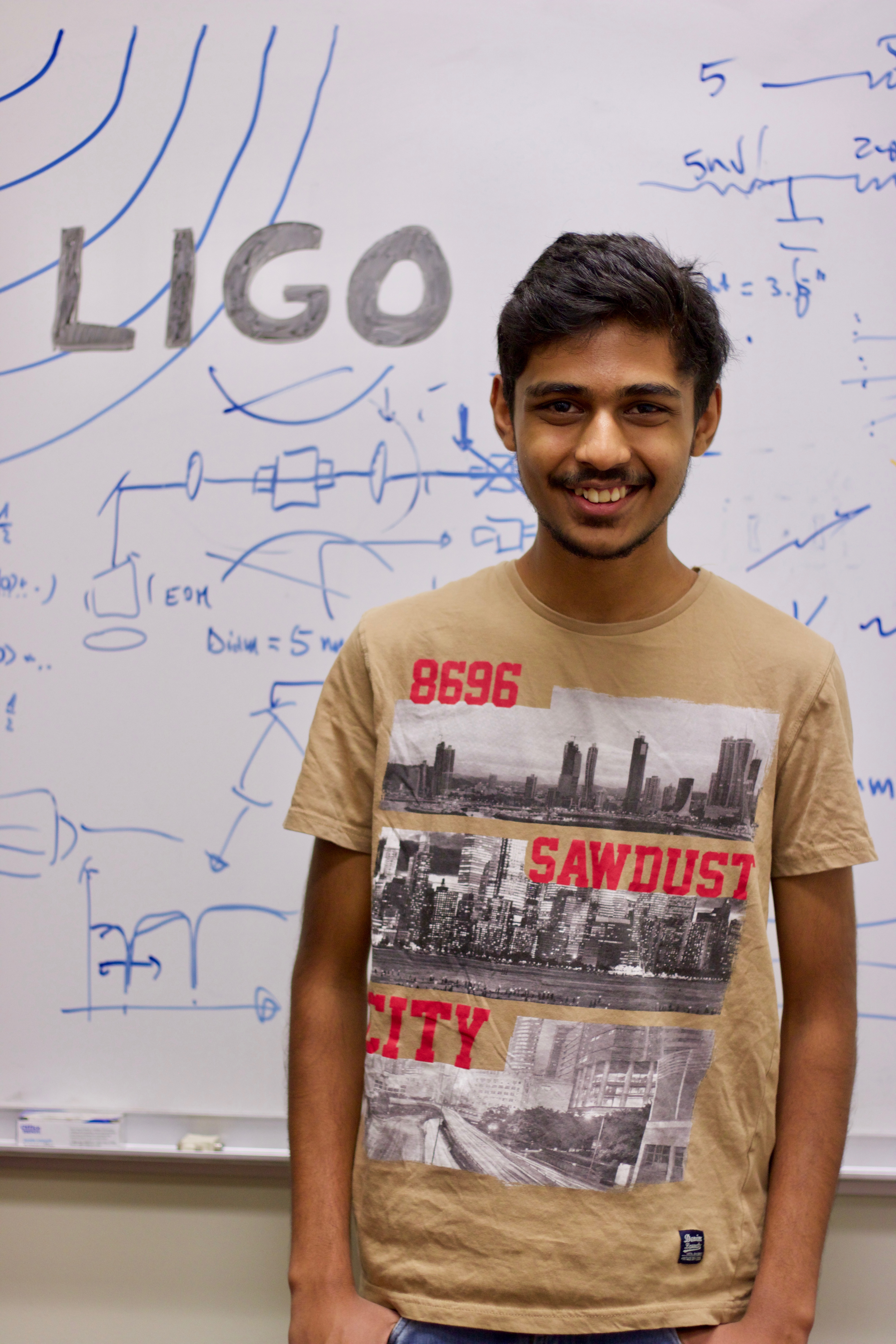
About Me
I am from Indian Institute of Technology, Delhi. I have been fascinated by science since middle school. This fascination is also what motivate me to pursue a career in science. I never had really considered getting an opportunity to work in an organization as esteemed and prestigious as LIGO, even if only for a summer. I have learnt a whole lot of stuff and met lots of amazing people during those 11 weeks and I am extremely grateful for being granted such an opportunity.Project : Mirror Metrology using Mode Spectroscopy
The project dealt with characterizing the mirror figure error, a surface defect present on the surfaces of the test masses used in the LIGO interferometers. This required an in-situ measurement technique, Mode Spectroscopy. We consider that the mirror figure error essentially shifts the resonant frequencies for the HOMs from their expected values. We performed a cavity scan on the prototype 40m LIGO lab. Performing a fitting analysis on this cavity scan data gives us an apparent shift in the TMS values for each of the HOMs. These shifts depend on the distribution of the mirror figure error. In order to determine the figure error from the TMS shift values, we can use Finesse to simulate the cavity scans for random mirror surface perturbations. If done iteratively, we can try and recreate the obtained cavity scan and the TMS shifts and, in this process, also produce a mirror map for the test masses. This, in principle, is the Markov Chain Monte Carlo(MCMC) method.Future Interests
Being a part of LIGO helped me gain insight into how real science and research is planned and executed. It broadened my scope and has created a whole new field I can go on and explore in the future. It has, to a great extent, helped me make my decision on pursuing higher studies in Physics.Expected Graduation in 2019
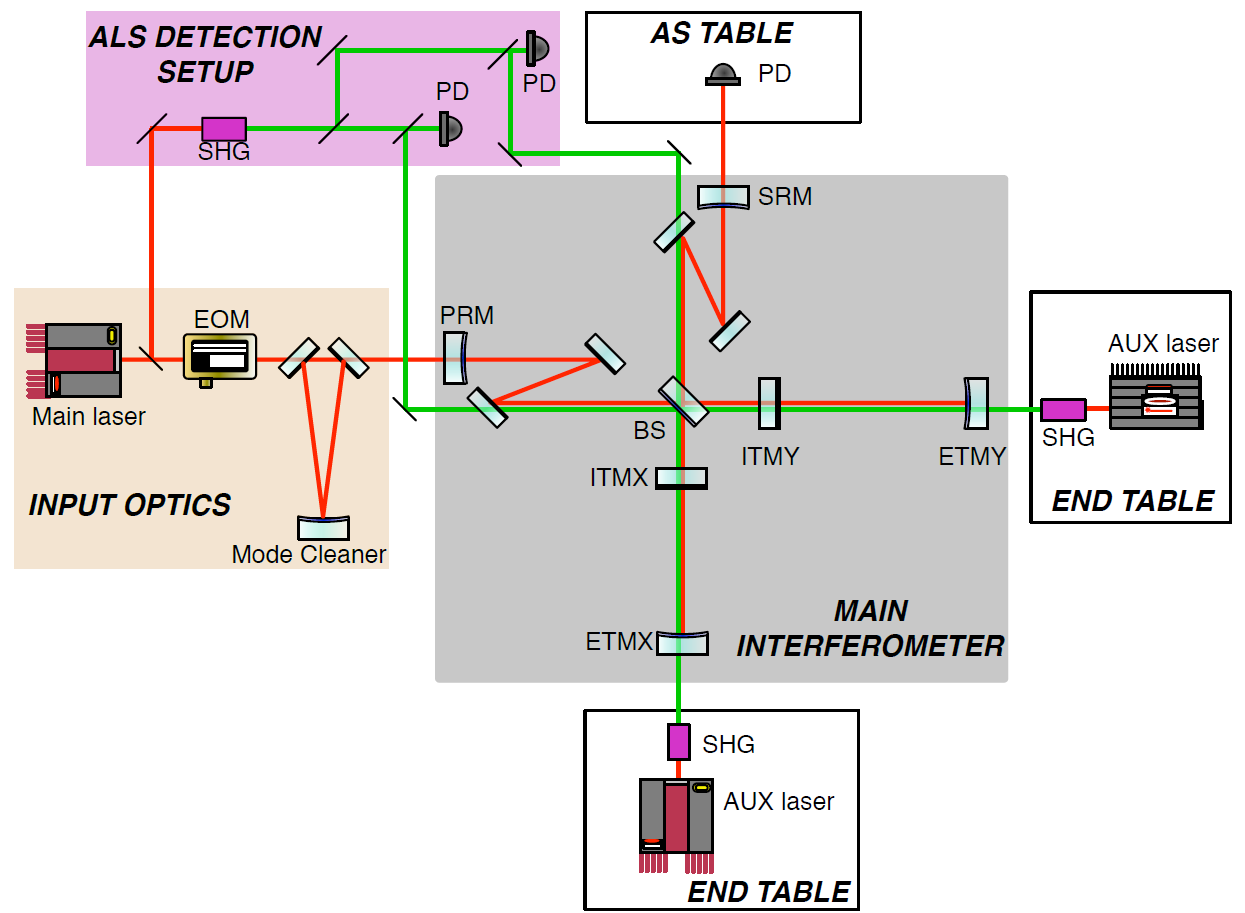
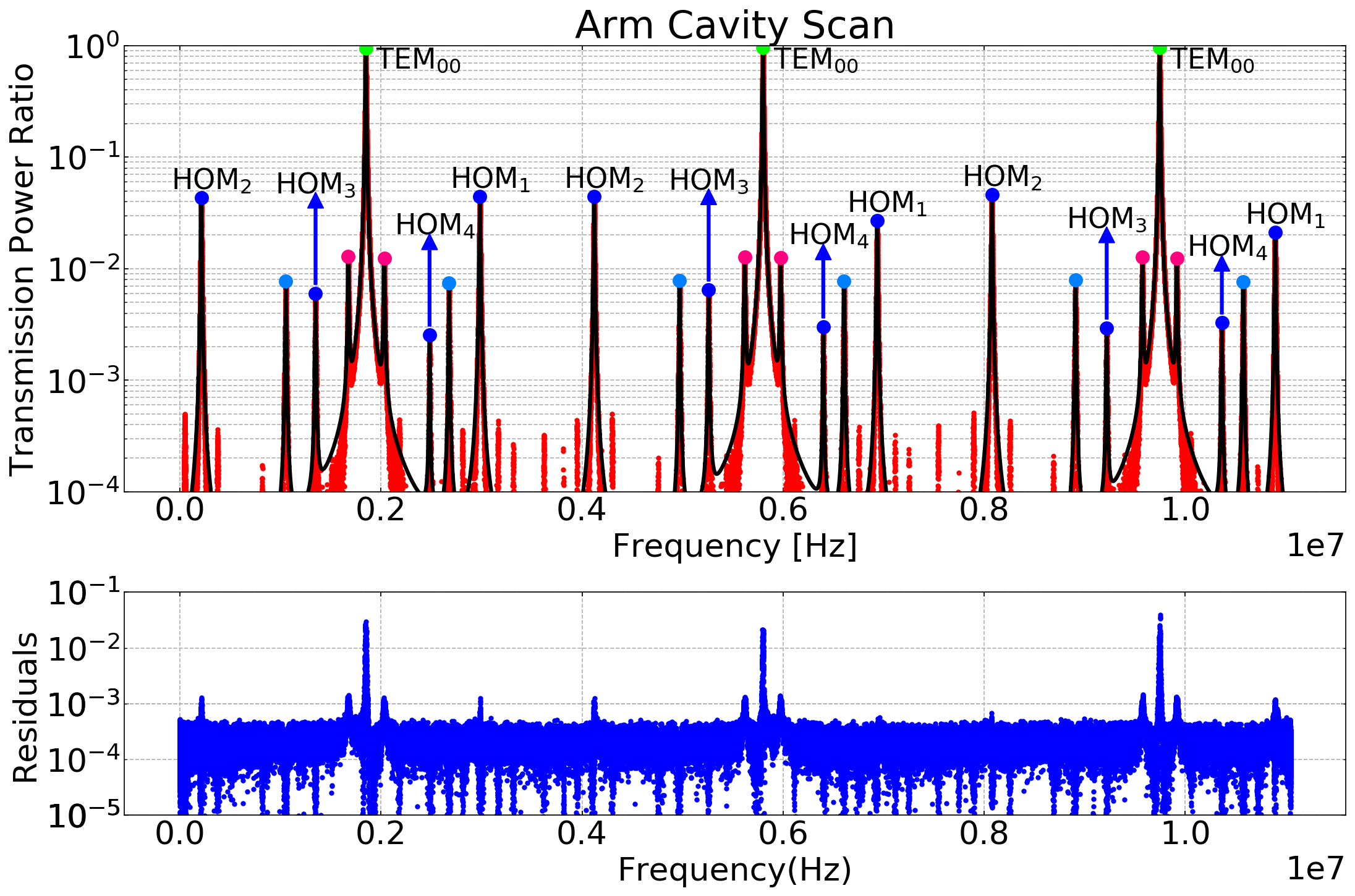


Dhruva Ganapathy
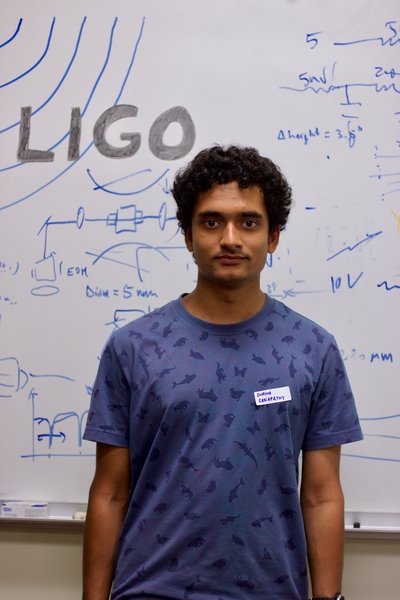
About Me
I am Dhruva Ganapathy, currently a senior in the Indian Institute of Technology, Delhi. I am very interested in physics, especially stuff that has the word quantum in it, and want to continue to do this for the rest of my life. While I’m not immersed in physics (more often than I’d like), I spend my time playing the piano and listening to progressive rock.Project : Squeezing Quantum Noise Using Wave-Guides
The vacuum fluctuations entering interferometer through the antisymmetric port of LIGO are the origin of shot noise in the gravitational wave channel that limits the design sensitivity over most of the detection band. Optical squeezing entails preparing a special quantum state of light where for a pair of non-commuting observables, such as phase and amplitude of a light state, most of the uncertainty is reduced in only one of the variables (phase or amplitude) at the expense of the other. This aims is to convert vacuum to squeezed vacuum, which has phase fluctuations smaller than normal vacuum. In my project, I attempted to make an alternative type of squeezer in a waveguide rather than free space cavity enhanced non-linear devices and that offer to simplify operation and eliminate some sources of noise that affect free space squeezing.Future Interests
When I graduate from IIT Delhi, I would like to pursue a full time career in Physics by applying for a PhD. I would like to be involved with LIGO for a while, especially the optics part of it. Other fields that I'd like to pursue are Quantum Information and Quantum OpticsExpected Graduation in 2018
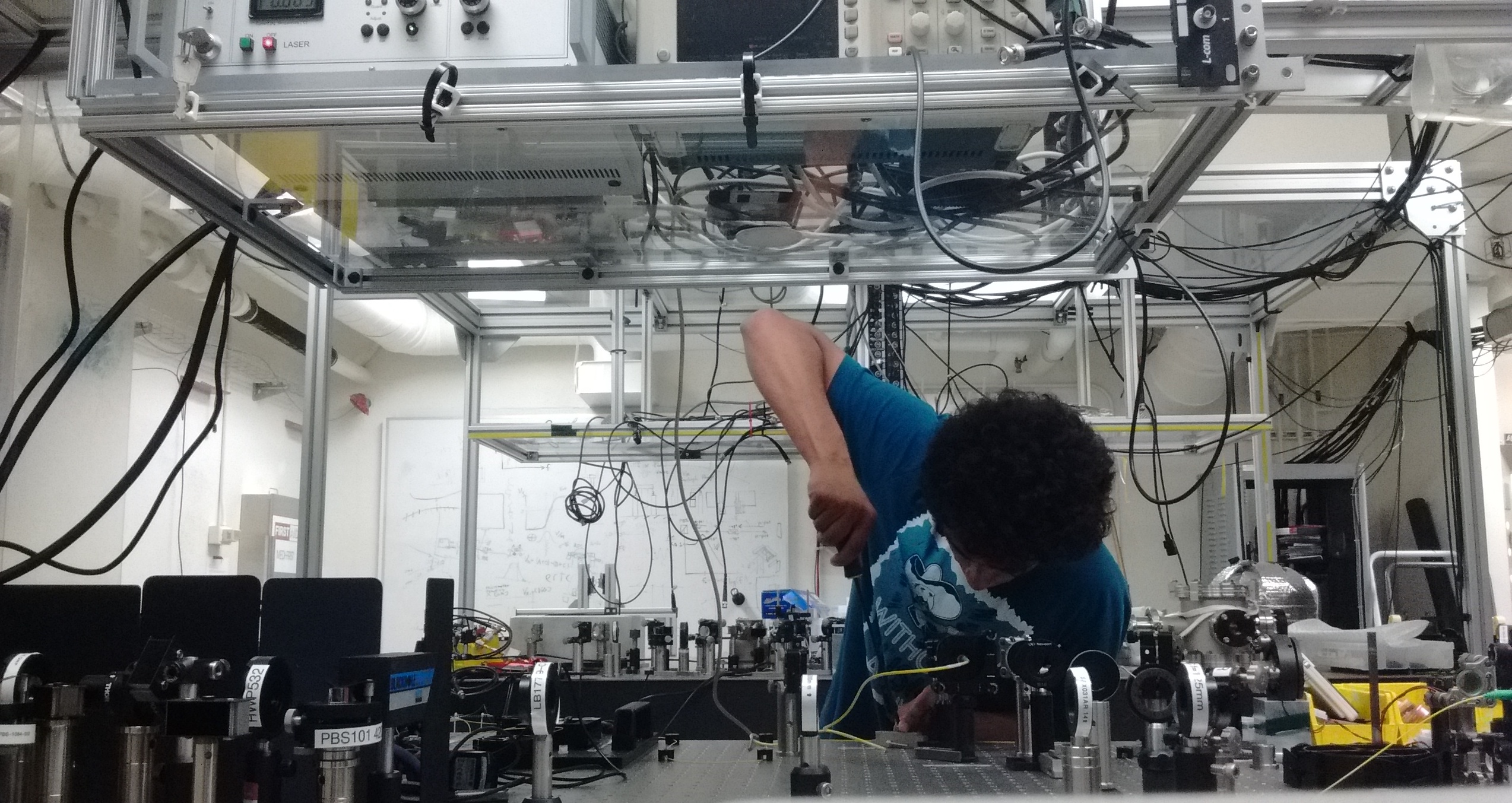
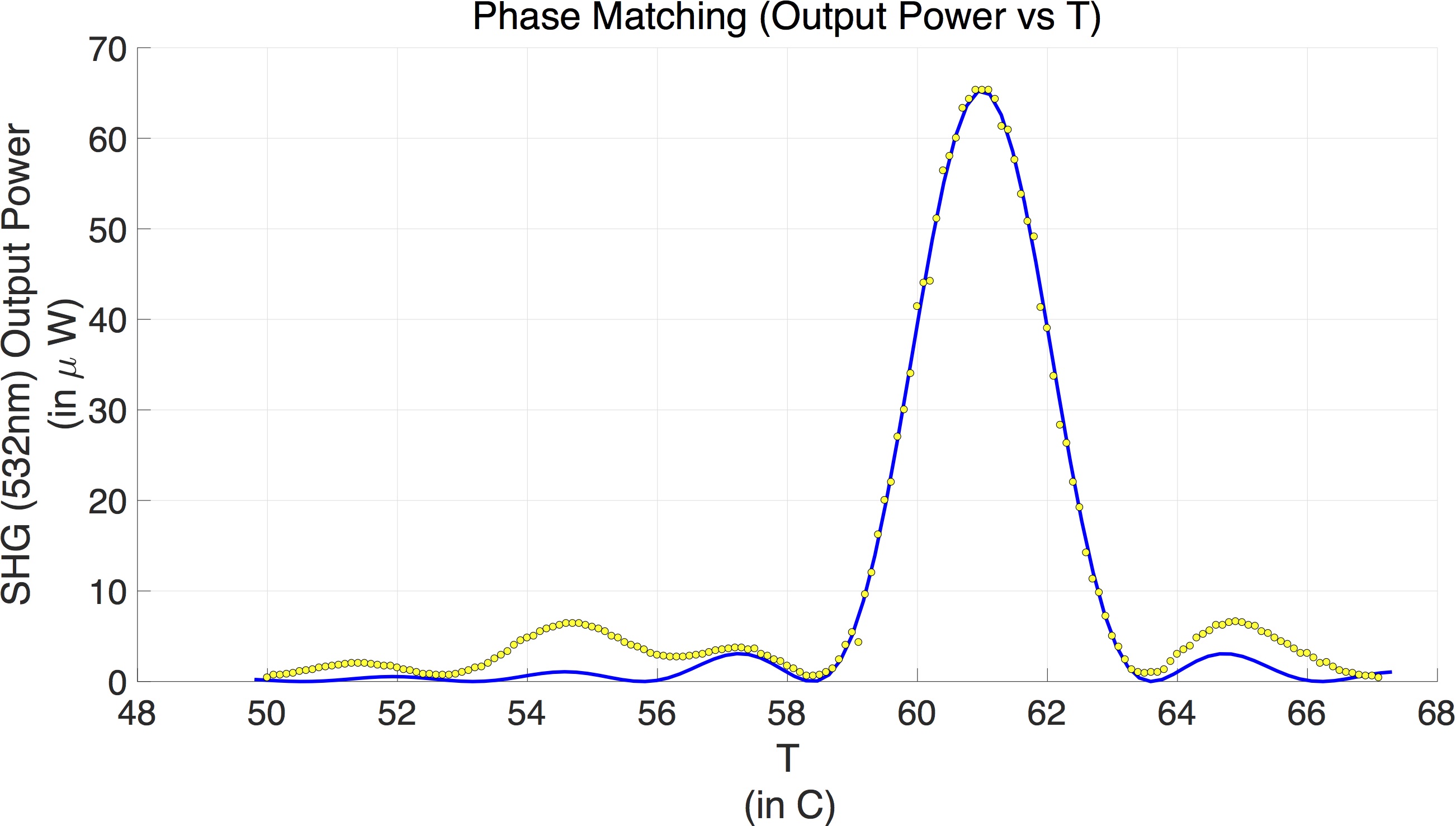
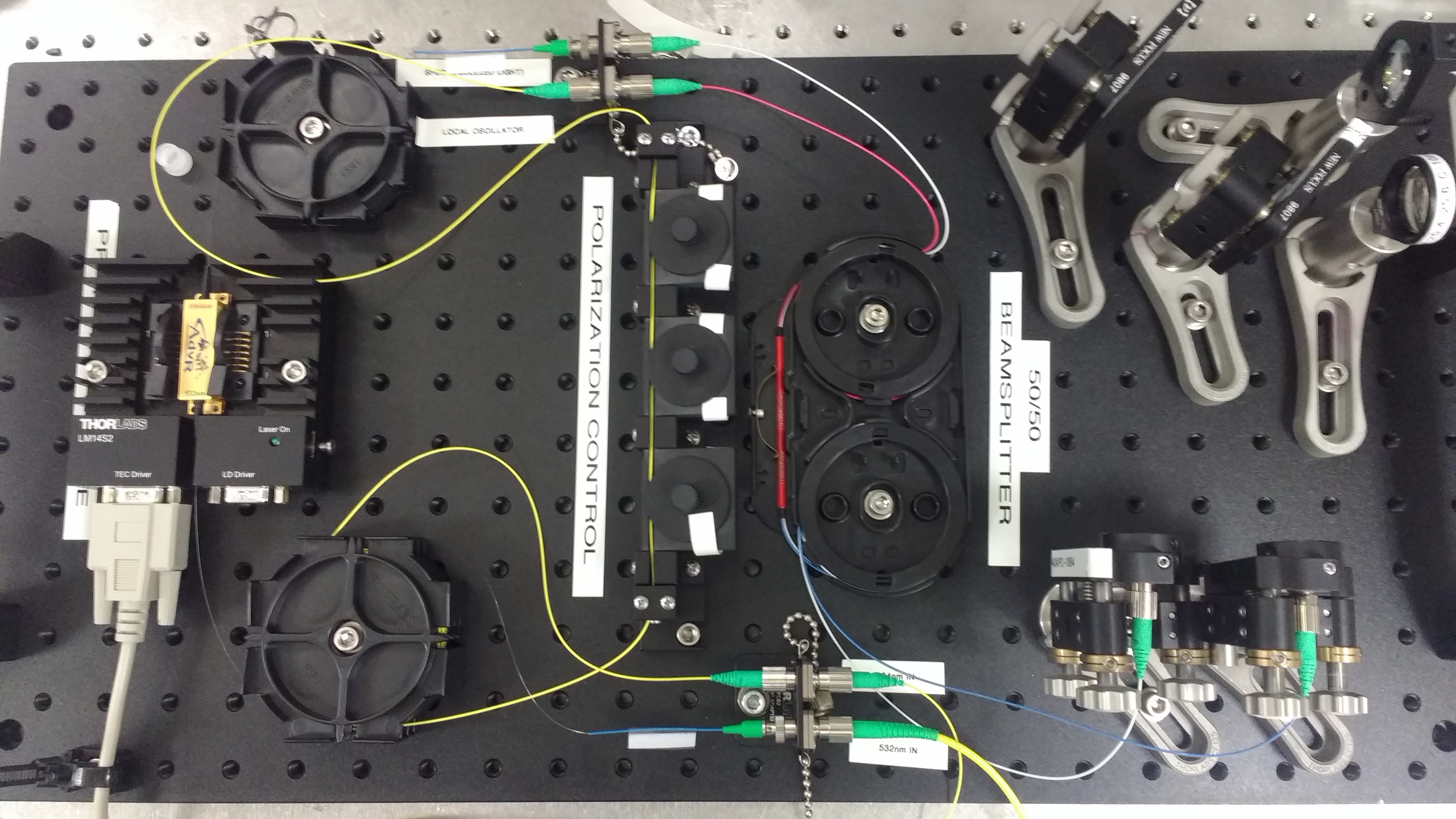
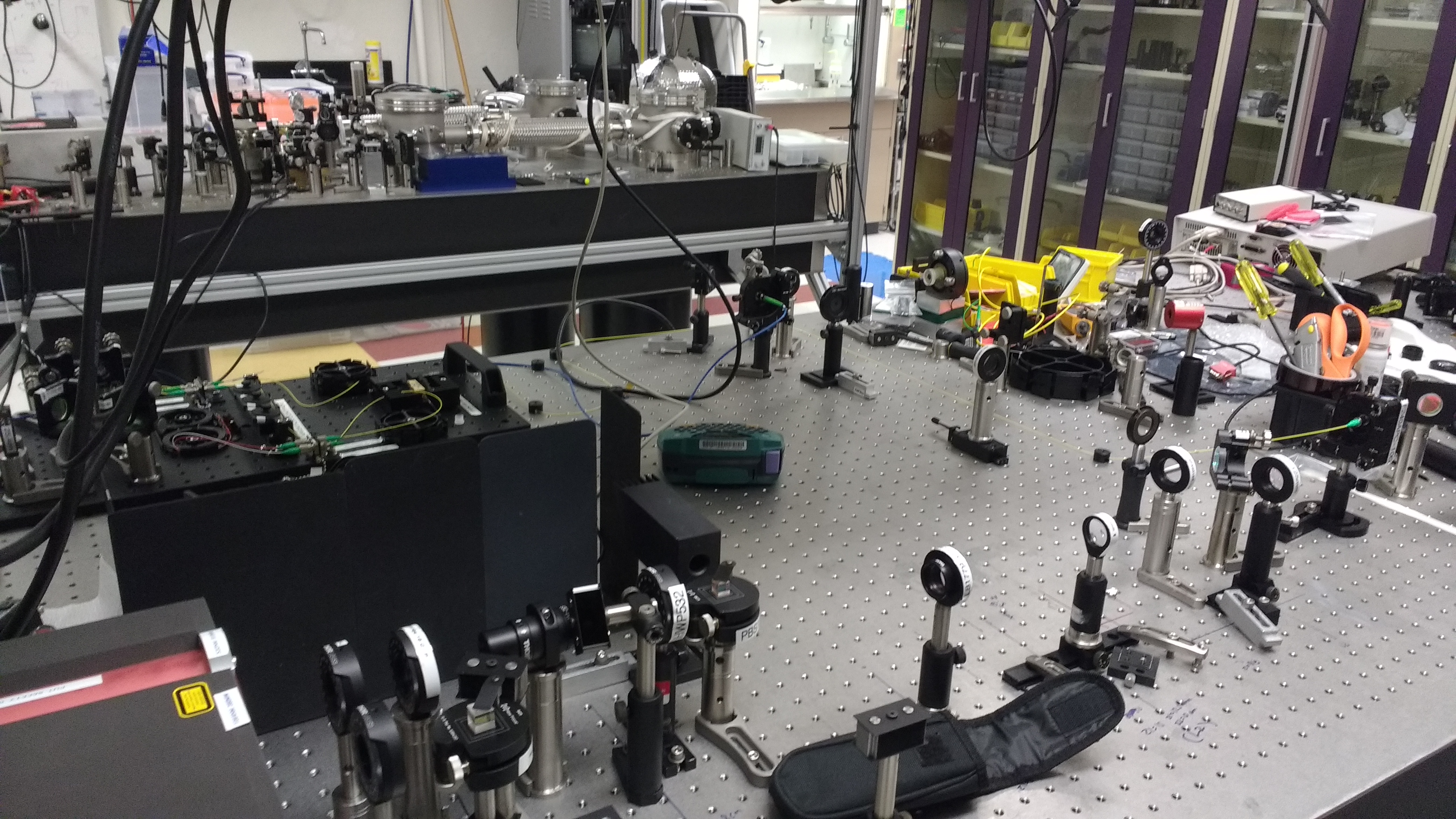
Jigyasa Nigam
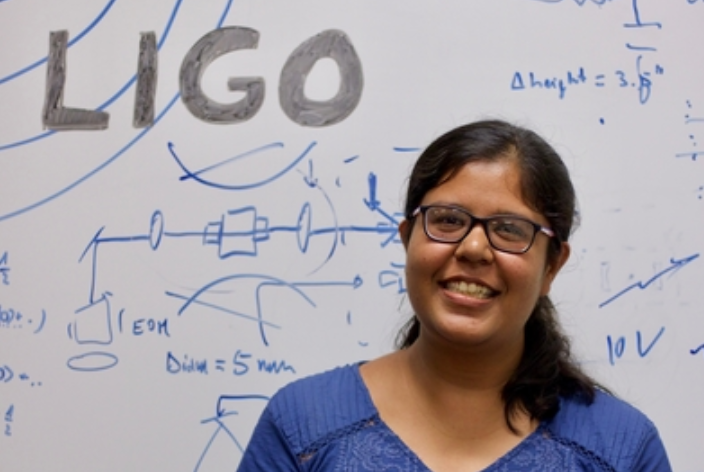
About Me
Science, especially physics, provides a novel prism of perspective, a cure to my myopic vision of the world. Ever since, I have found, therein, the perfect harmony between insight and rigor and was determined to follow it through for years to come! Following through my adventures of seeking to satiate curiosity through science, I am currently pursuing the integrated bachelors in Engineering Physics from Indian Institute of Space Science and Technology. The opportunity to spend the summer at LIGO, Caltech was a momentous one, for not only did I meet inspiring people, learn about new theories and try to comprehend the ongoing research, but rediscover my love for the spirit of science! The LIGO experience, challenging yet liberating, was momentous for it strengthened both my roots and wings! ‘Roots not to tie you to the ground, but to guide you where fulfillment is found. Wings to glide over to the heights of the best you can be.’Project : Characterization of Test Mass Scattering
At its core, LIGO employs a Michelson interferometer and is therefore affected by the scattering of light, for the scatter not only adds to the losses but also acts as a source of noise in the interferometer. As a part of a beam of light scatters or deviates from the path governed by specular reflection, the observed intensity pattern becomes angle dependent. This is modeled by the Bidirectional Reflection Distribution function (BRDF). This project was undertaken with the aim of estimating the scatter loss using a CCD gigabit-ethernet camera, although a large part of the actual project focused on interfacing with the camera for image acquisition and analysis, implementing high dynamic range algorithms and finally the radiometric calibration of the CCD sensor for power measurements.Future Interests
I would graduate with a Masters after which I plan to pursue graduate studies and further my research in physics. This program has been an insightful introduction to the field of gravitational physics and has motivated me to explore my passion for science further.Expected Graduation in 2020
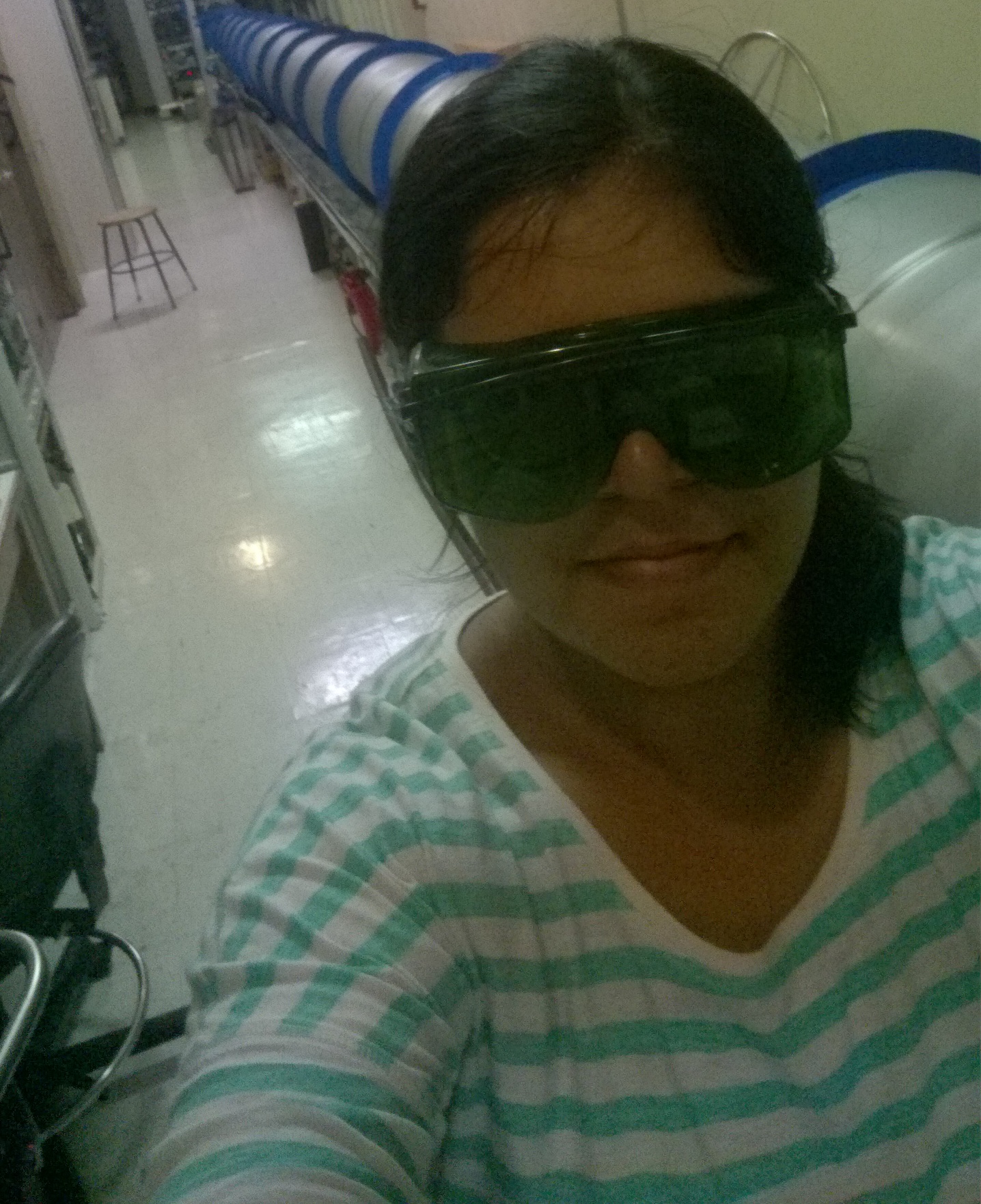
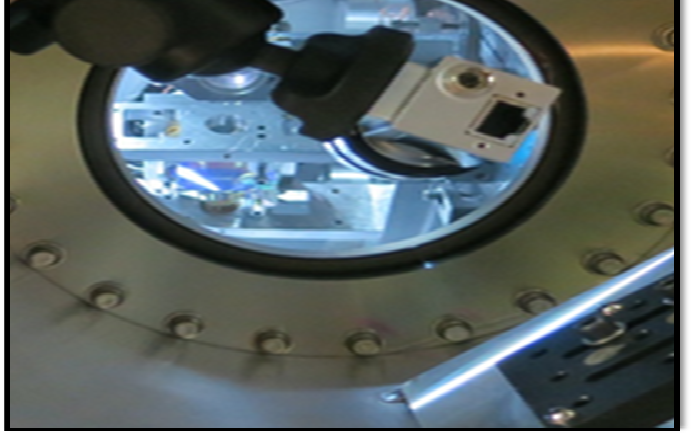
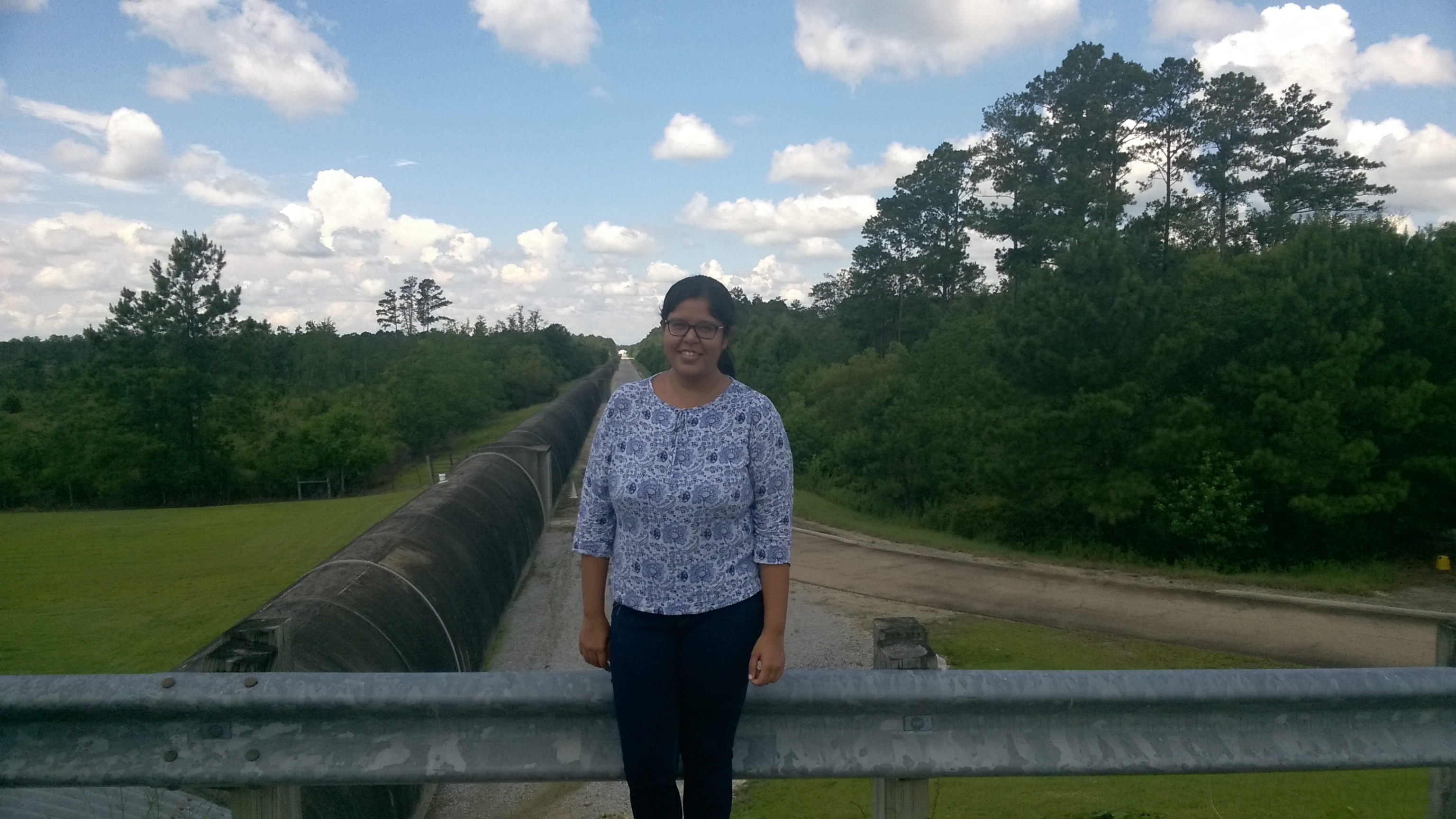
Vineeth Krishna
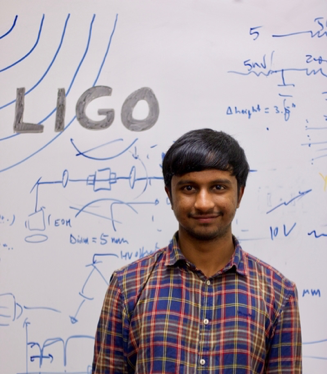
About Me
I am Vineeth Krishna, presently in the 4th year of my 5-year Integrated BS-MS dual Degree in Physics and Mathematics at IISER Thiruvananthapuram. I live in Chennai(Madras), India. Pursuing research in physics was my career choice since my school days, and am glad to be able to achieve that. In particular I had a keen interest in astrophysics concepts like General Relativity, Black Holes, etc... Apart from academics, I always enjoyed playing or watching cricket, a common sport in IndiaProject : FPGA Based Heterodyne Frequency Readout
In the Advanced LIGO detectors, the coating Brownian noise is expected to be the largest of the thermal noise sources at their most sensitive frequency band. The LIGO Voyager upgrade aims to reduce this thermal noise by operating the optics at cryogenic temperatures and replacing fused silica test masses with silicon. In order to characterize Brownian noise in the candidate coatings on silicon mirrors, two similar optical cavities which are dominated by coating Brownian noise are used in a differential measurement. Two independent lasers are locked to the cavities which are then interfered to produce a beat signal, whose frequency noise represents the differential length fluctuations due to coating Brownian noise. An All Digital Phase Lock Loop(ADPLL) was designed and implemented in a Field Programmable Gate Array(FPGA) on a Red Pitaya board, to demodulate the frequency information from the beat note and pass it on to the Data Acquisition system. Based on the input noise measurements of the Analog to Digital Converter, the required readout noise of 1mHz/sqrt(Hz) from 10Hz to 10kHz can be achieved. The ADPLL comprises of a Numerically Controlled Oscillator(NCO) which is locked to the input signal, two digital IIR low pass filters in cascade and a PI controller as a servo for the frequency readout. Several compression techniques were used to reduce the size of Look-Up Tables in the NCO, due to the limited availability of ROM.Future Interests
During my undergraduate study, I got to learn all three branches of natural sciences along with mathematics which helped me gain a holistic view of our Nature. Of all of them, physics has been the thing of beauty for me, and the joy & fun in it is indeed, one forever. Although the physics behind anything is interesting to me, I am inclined to pursue research in the field of Laser Optics and Interferometry. My internship in LIGO, Caltech had helped me gain an invaluable research experience in my field of interest.Expected Graduation in 2019
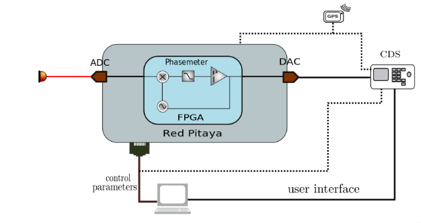
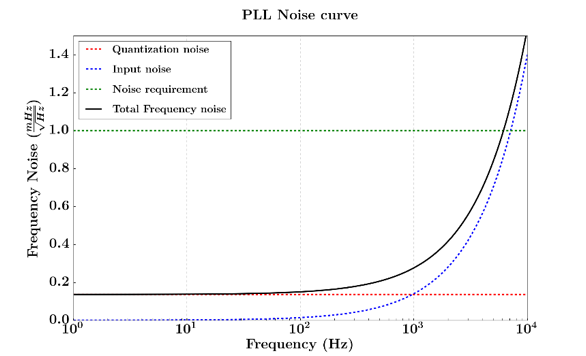
Mariia Matiushechkina

About Me
I am from M.V.Lomonosov Moscow State University. For me, science is magic, dressed in equations and principles. It is like a treasure floor, where you make every step of doubt the correctness of the chosen path. This is the door to tremendous knowledge about the structure of our universe, to which is laid a steep, thorny path for the patient ones. A unique chance to work in summer in LIGO allowed me to plunge into physics entirely. I enjoyed every day working with talented inspiring people. I had the opportunity to realize myself in different ways. This is a truly special place and I am very grateful that I was there.Project : High Q mechanical measurements with electrostatic levitation
The third generation of interferometric gravitational wave detectors will use silicon test masses and silicon suspension systems kept at low temperature (123K). For this reason, it is important to find the appropriate high-emissivity coating to cool the detectors’ test masses and the high-reflectivity dielectric coating so both introduce the lowest additional thermal noise. The project includes the characterization of the Gentle Nodal suspension (GeNS) experimental set-up for measuring mechanical loss angle of the thin film coatings on silicon at cryogenic temperature and developing for future precision experiments a new low-loss suspension system that uses electrostatic field to levitate a disk without mechanical contacts. The second part consists of designing the Printed Circuit Board of the electrode pattern, assembling the setup and optimizing its parameters with finite element modeling (FEM) software like COMSOL Multiphysics. The aim is to compare noise that appears due to GeNS and electrostatic suspension systems for higher-precision loss measurements of test masses.Future Interests
The summer program aroused in me the desire to connect the future life with the physics of gravitational waves. After my graduation I would like to apply for a PhD. I am interested in a precision experimental work and I want to pursue improving my skills in this direction.Expected Graduation in 2020
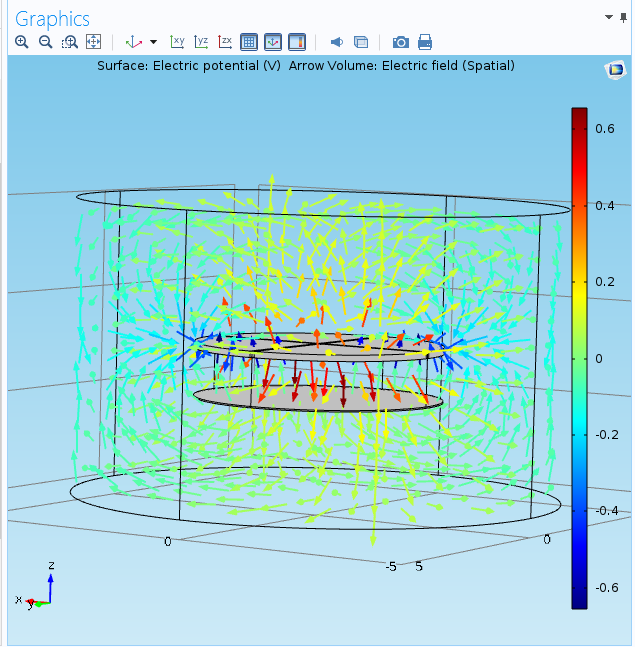
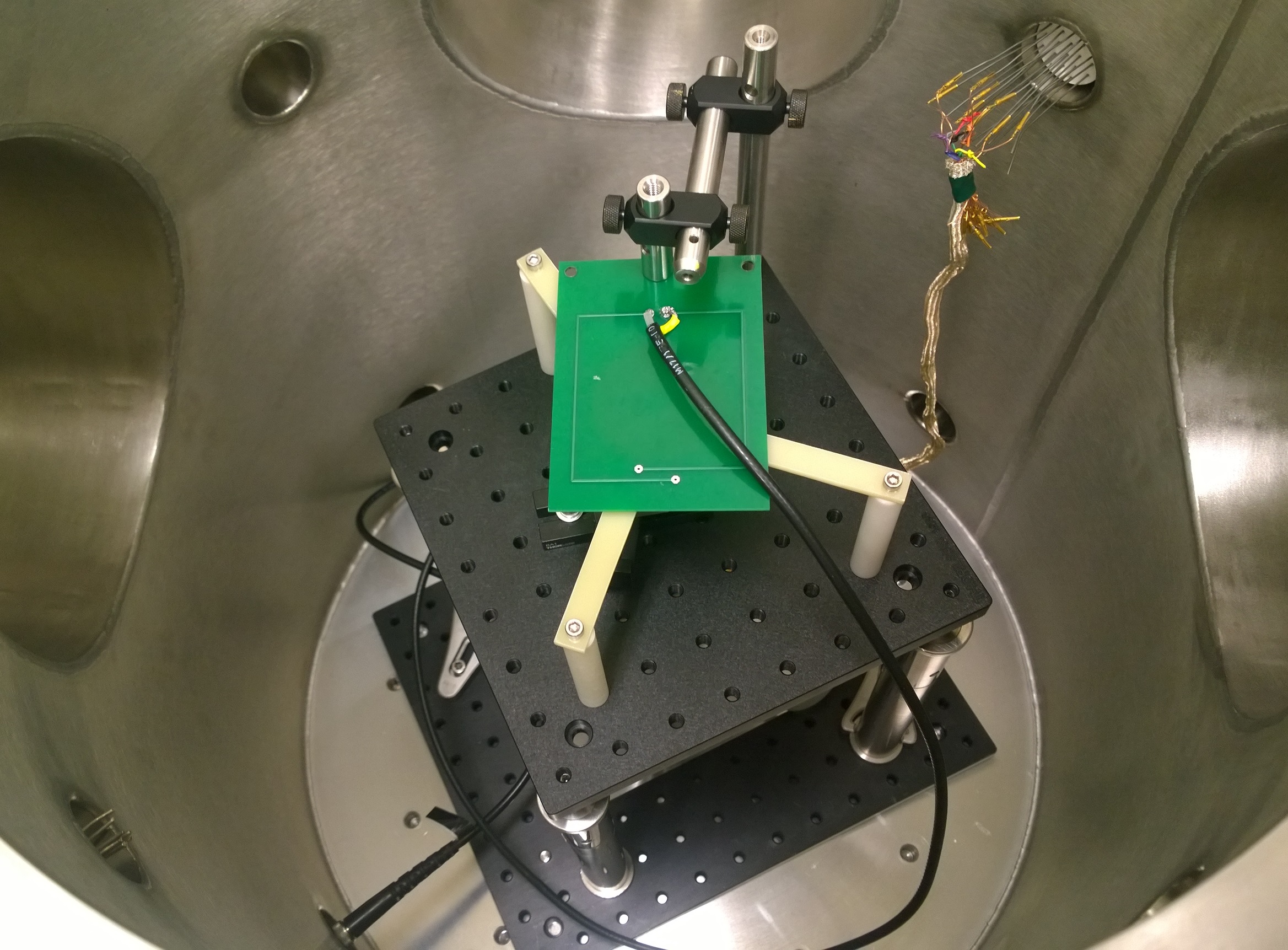
Mini Interferometer Side Project
 During the summer, the SURFs worked on designing a low cost DIY Mini
Interferometer based on the one that is on display in W. Bridge. The details of the project can be found in the above link.
During the summer, the SURFs worked on designing a low cost DIY Mini
Interferometer based on the one that is on display in W. Bridge. The details of the project can be found in the above link.